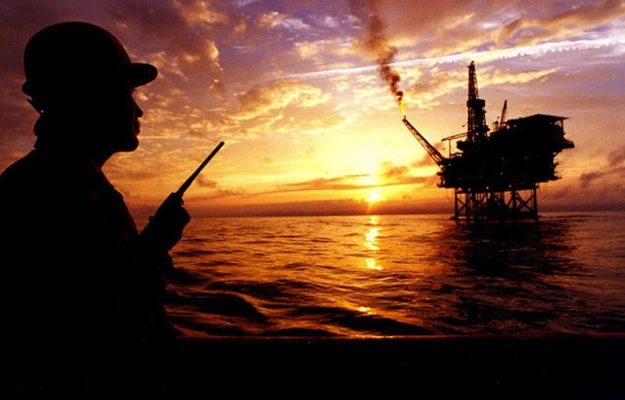Who points (and who does not aim) on Aphrodite’s gas

Facts, problems and scenarios on Aphrodite's gas.
One of the projects that the EU aspires to see the light to supply itself with energy in the eastern Mediterranean concerns the exploitation of the field called Aphrodite which is located off the coast of Cyprus.
DOSSIER AFRODITE
In search of the solution to get Aphrodite's gas to Europe, the most rational one that has been found involves, according to the analysis made by al Monitor, from which we will draw widely here, the construction of a pipeline that brings the gas up to Egypt, where liquefaction plants would transform it into LNG for re-export to Europe.
The agreement between Egypt and Cyprus to build this maritime pipeline was signed in September 2018.
THE EGYPT-CYPRUS AGREEMENT
There are two liquefaction plants in Egypt. The first is the EDCO plant owned by the Egyptian Liquefied Natural Gas Company, and includes two liquefaction units. The second is that of Damietta, it is owned by the Italian-Spanish company Fenosa and has only one liquefaction plant.
It is from these units that the gas from Aphrodite should be liquefied and then loaded into ships to be transported to its final destination.
THE DEEPENING OF AL MONITOR
According to al Monitor sources, the project is proceeding swiftly: an Egyptian government official said that talks with the Cypriot counterpart to ensure the completion of the project on schedule are proceeding smoothly, and it is estimated that by 2024-5 the the entire supply chain will be in operation.
Cyprus has great faith in the capabilities of Cairo, which with its Zohr maxi-field discovered by Eni five years ago is proving to have the technical capabilities to manage complex processes such as those involving natural gas.
THE ROLE OF EGYPT
In this regard, Gamal al-Qalyubi, professor of oil and energy engineering at Cairo University, is convinced that Egypt is perfectly capable of completing and putting into operation an infrastructure with an estimated cost of 1.3 billion dollars.
Maher Aziz, a member of the World Energy Council, is also convinced that with the construction of the pipeline Egypt will be able to establish itself as an energy champion in the region and as a leader in exports to Europe.
There remains only one problem which was well highlighted by Charles Ellionas, CEO of Cyprus Natural Hydrocarbons Company and energy expert at the Atlantic Council. In order for the pipeline to actually be built, the companies that have the license on Aphrodite, and therefore Chevron, Shell and Delek, need to find buyers for the gas from the field in Egypt.
THE PROBLEM
This objective could be compromised, according to Zenonas Tziarras, a researcher who deals with geopolitics of the Mediterranean, by the current pandemic, which has upset the market making it unpredictable and discouraging long-term investments, and by the important discoveries of hydrocarbons made in Egypt in recent times, so important as to allow Cairo to announce that it will very soon become self-sufficient in terms of natural gas.
All this, Tziarras points out, has greatly diminished Aphrodite's importance in the eyes of investors.
THE TURKEY VARIABLE
And then there is the problem of the problems, namely Turkey, which as we are seeing these days has a strategy of destabilization of the Mediterranean allies in place in order to force them to come to terms with Ankara and Northern Cyprus for everything that concerns the exploitation of hydrocarbons in the Eastern Mediterranean.
For all these reasons, a project that looked promising just a few years ago could soon be shelved in general disinterest.
This is a machine translation from Italian language of a post published on Start Magazine at the URL https://www.startmag.it/energia/chi-punta-e-chi-non-punta-sul-gas-di-afrodite/ on Mon, 14 Sep 2020 09:49:46 +0000.
